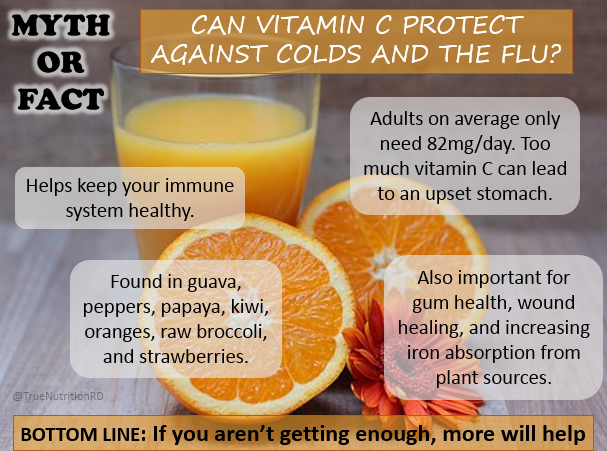Heart Disease: Disease Spotlight
- Brittany Trueman, MHSc RD

- Feb 1, 2019
- 2 min read
February marks the month of love, so let’s focus on heart health over the next few weeks.
Heart disease is a chronic, slow progressing disease that is the 2nd leading cause of death in Canada. Over time, excess LDL cholesterol in the blood collects on artery walls creating a plaque that narrows the arteries and increases blood pressure. The end result of heart disease is heart failure, heart attack, or stroke.
In addition to age, gender, genetics, smoking, and physical activity level, nutrition is a key component in preventing and managing heart disease.
ANTIOXIDANTS & HEART DISEASE
Antioxidants help protect your body from damage that occurs over time, like the damage caused by LDL cholesterol to our artery walls.

These protective compounds are naturally found in a variety of fruits and vegetables, especially the bright coloured ones like bell peppers, strawberries, tomatoes, and carrots. They can also be found in whole grains, legumes, almonds, sunflower seeds, green tea, and dark chocolate.
Try including these foods in a salad or as a part of a healthy snack to boost your intake of antioxidants and reduce your risk of heart disease.
EAT THE RAINBOW & ANTIOXIDANTS
A great way to ensure you’re getting enough fruits and vegetables every day is to try and eat the rainbow!

Brightly coloured fruits and vegetables are packed with vitamins, minerals, and antioxidants. By eating every colour of the rainbow, you’ll be feeding your body a wide range of important nutrients to protect you against anything from heart disease to a cold or the flu.
Here are my top 3 tips for getting more fruits and vegetables:
Aim for ½ a plate at every meal
Try something new each week
Incorporate two different colors with meals
Which colour of the rainbow is your favourite to eat?
MYTH or FACT: CAN VITAMIN C PROTECT AGAINST COLDS AND THE FLU?
Vitamin C is an antioxidant that is given special attention during the winter months as it’s thought to prevent the common cold.
While vitamin C does help keep your immune system healthy, the evidence shows that the greatest effect is seen in those that are deficient; meaning that if you’re getting enough every day, more won’t help! Excess vitamin C from food or supplement sources is not stored in the body but excreted, sometimes in the form of a not so pleasant bathroom experience.
The best protection against a cold or the flu is to regularly wash your hands and get the flu shot.
If you think you’re not getting enough vitamin C in your diet, increase your consumption of bright-coloured fruits and vegetables such as guava, peppers, papaya, kiwi, orange, raw broccoli, and strawberries.







Comments